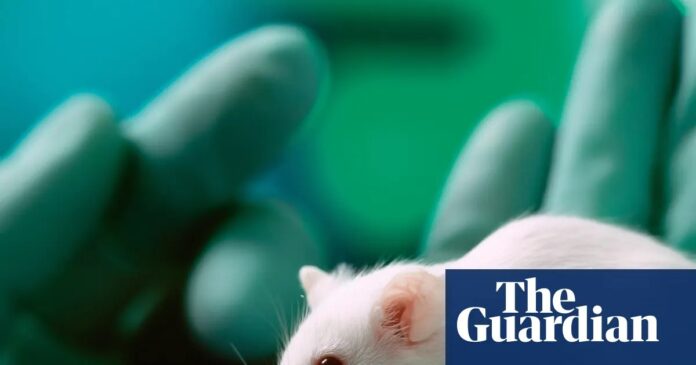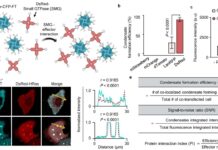A new plan from the UK government aims to significantly reduce animal testing in scientific research by rapidly advancing artificial intelligence (AI) and 3D bioprinted human tissues. Science Minister Patrick Vallance unveiled this roadmap, emphasizing that phasing out animal use will only occur when reliable alternatives are proven equally effective and safe for humans.
The strategy focuses on investing in cutting-edge technologies:
- Organ-on-a-chip systems: These miniature devices replicate the function of human organs using real human cells, offering a more accurate and ethical model for testing drug interactions and responses.
- AI-powered data analysis: AI algorithms will analyze vast datasets of molecular information, predicting the safety and efficacy of potential new medicines in humans, potentially eliminating the need for early animal trials.
- 3D bioprinted tissues: This technology allows scientists to create realistic human tissue samples – from skin to liver – providing more relevant testing platforms than traditional animal models.
The UK government’s ambition is not just theoretical; concrete timelines have been set:
- By 2026: All regulatory tests on animals for assessing skin and eye irritation, along with skin sensitization, will cease.
- By 2027: Testing the strength of Botox injections on mice will be discontinued.
- By 2030: Pharmacokinetic studies – tracking drug movement within the body – on dogs and non-human primates will significantly decrease.
These initiatives are not isolated efforts; the government aims to foster collaboration between researchers, businesses, and animal welfare organizations. This unified approach is intended to accelerate the development and adoption of non-animal testing methods.
The strategy has been lauded by animal welfare groups like the RSPCA. Barney Reed, their science and policy manager for animals in science, sees it as a “clear ambition towards eliminating animal use” while emphasizing the need for strong implementation to ensure its success.
By prioritizing these advanced technologies, the UK government is making a bold move towards a future where scientific research relies less on animal models and more on sophisticated, human-relevant alternatives.






































